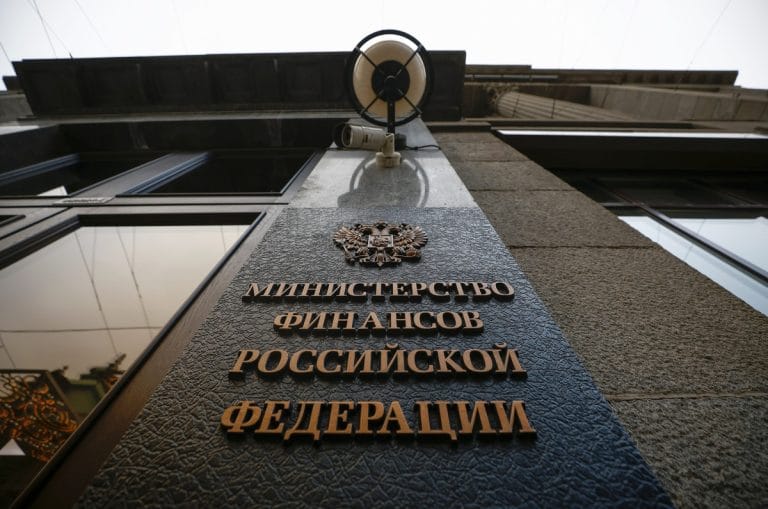🎧 Listen to This Article
At a recent seminar hosted by the Moscow Agency for Public Project Implementation, a body under the city’s Department of Executive Authorities, tax officials outlined updates and compliance issues surrounding Russia’s special tax regimes and the Unified Tax Account (ENS) operation.
Representatives from Moscow’s Tax Inspectorate No. 16 briefed attendees on four distinct taxation models designed to support small businesses and the self-employed:
- Simplified Tax System (STS)
- Patent Tax System (PTS)
- Professional Income Tax (NPD)
- Automated Simplified Tax System (Auto-STS)
Heightened Scrutiny on Professional Income Tax (NPD) Use
Officials emphasized the potential misuse of the Professional Income Tax regime (NPD), particularly the growing practice of businesses engaging former employees as self-employed contractors to bypass employer tax obligations.
Citing Article 6 of Federal Law No. 422-FZ (dated November 27, 2018), the tax office reiterated that self-employed individuals may only enter into service contracts with former employers if more than two years have passed since their formal termination. The regulation is designed to prevent the artificial reclassification of salaried employees as independent contractors to avoid payroll taxes.
Unified Tax Account: Payment Prioritization and Compliance
The seminar also addressed procedures for the recently implemented Unified Tax Account (ENS), which consolidates tax payments into a single balance to be automatically allocated by the Federal Tax Service (FTS).
Funds in the ENS are distributed with strict chronological priority:
- Oldest outstanding debts, particularly on personal income tax;
- Employer remittances on behalf of employees;
- Other overdue taxes, levies, and insurance contributions;
- Upcoming obligations such as advance payments and current-period dues;
- Interest charges, followed by
- Fines and penalties.
Tax authorities emphasized that ENS is designed to streamline payment logistics and reduce administrative burden but also warned that mismanagement or misunderstanding of the allocation order could lead to inadvertent penalties or compliance issues.
Modernizing Taxation Amid a Changing Labor Market
Russia’s evolving tax framework, especially the push toward digital tools and flexible taxation regimes, reflects broader efforts to adapt to a growing freelance economy and diversify state revenue sources. However, officials warned that such flexibility must be accompanied by rigorous oversight to prevent abuse and ensure fiscal sustainability.
For further details, clarification, contributions, or any concerns regarding this article, please contact us at editorial@tax.news. We value your feedback and are committed to providing accurate and timely information. Please note that our privacy policy will handle all inquiries.



